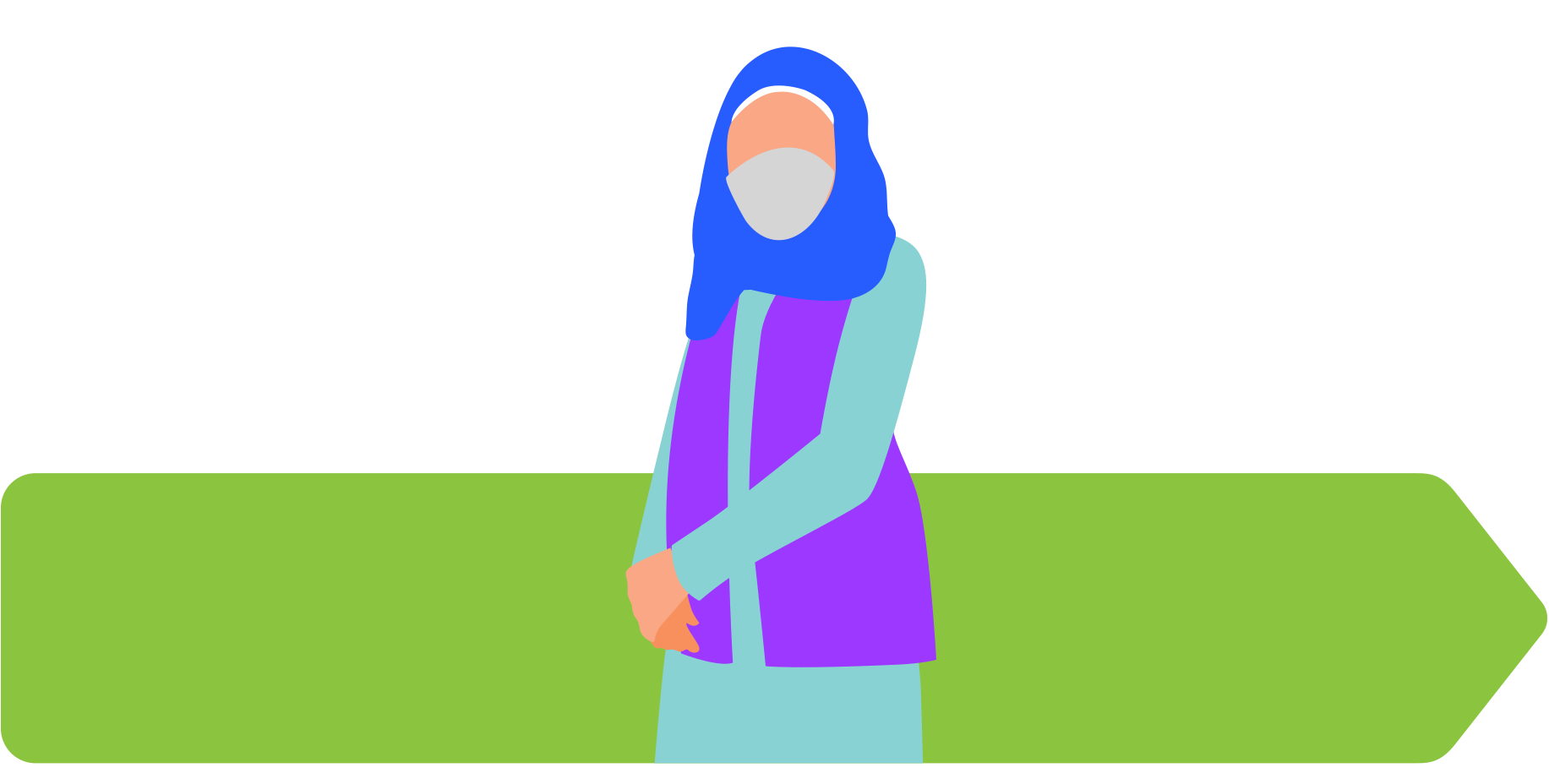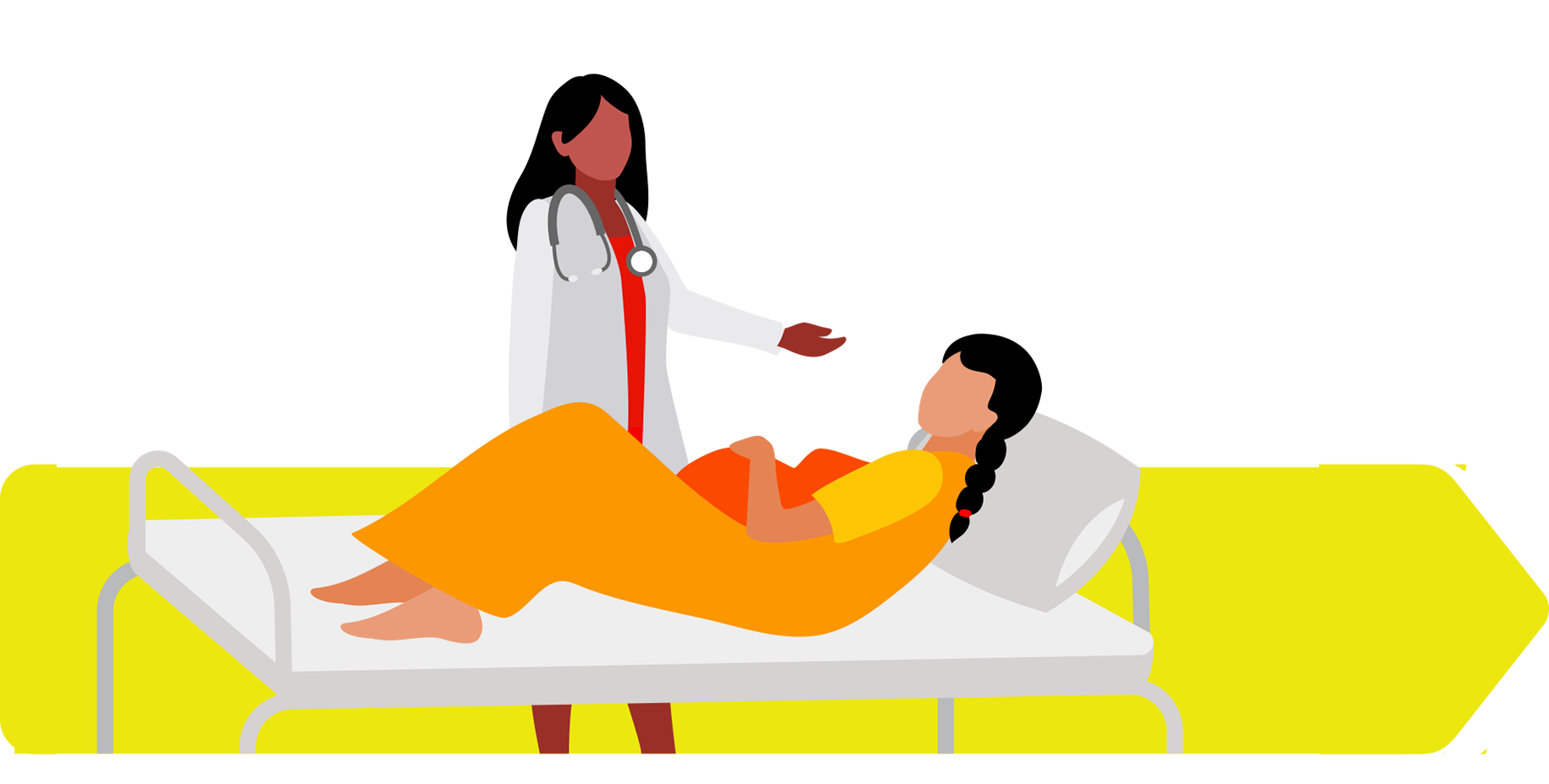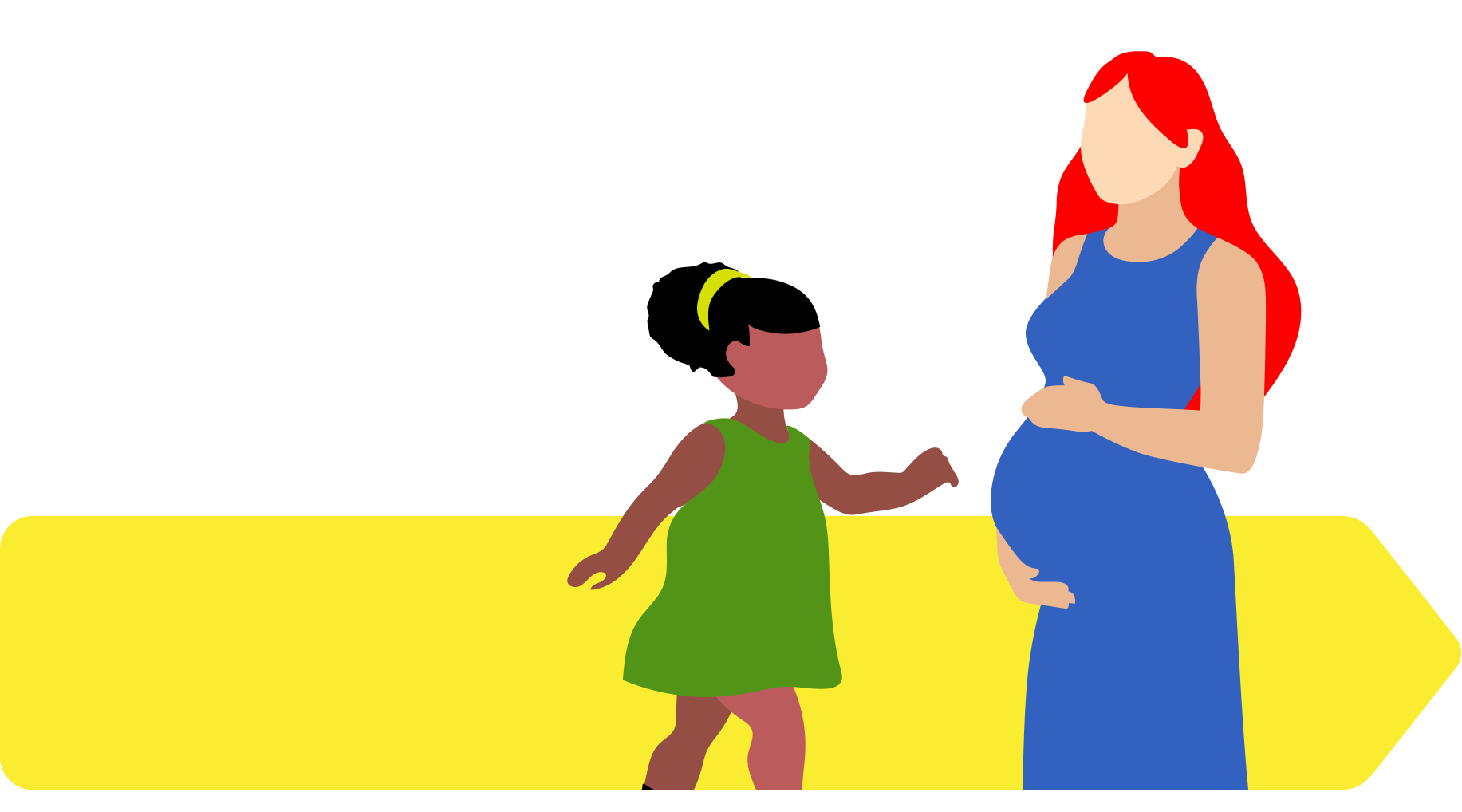Achievements and highlights 2022

January
In January, PMNCH focused on the importance of providing sexual, reproductive, maternal, newborn, child and adolescent health (SRMNCAH) and nutrition services in humanitarian and fragile settings, which is a vital part of the UN Secretary General’s Global Strategy on Women’s, Children’s and Adolescents’ Health (2016-2030). PMNCH colleagues co-authored an article in The BMJ on enhancing quality midwifery care. PMNCH also continued its close collaboration with the BRANCH Consortium to improve evidence and guidance for effective action on women’s and children’s health in conflict settings.

February
PMNCH championed the role of African leaders in advancing the health and rights of women and girls, reducing gender inequality and tackling domestic violence. PMNCH worked with the African Leaders Malaria Alliance and Amref Health Africa to strengthen political commitments in these areas.

March
PMNCH stood in solidarity with WCA affected by the war in Ukraine and humanitarian crises in Afghanistan and throughout the world, calling for immediate funding for emergency assistance. PMNCH also advocated for an end to discrimination against adolescent girls affected by disabilities during a CSW66 side event. PMNCH organized this event together with UK’s FCDO, USAID, the International Disability and Development Consortium and the Government of Bangladesh.
PMNCH, as a long-standing partner of the Inter-Parliamentary Union (IPU), played an active role in the 144th IPU Assembly. PMNCH contributed with a keynote presentation on WCA’s lived experiences during the Forum of Women Parliamentarians, as well as the Advisory Group on Health. The PMNCH delegation also held bilateral meetings with speakers and parliamentarians from more than 26 countries on prioritizing WCAH and ensuring commitments made are implemented.

April
PMNCH hosted an ECOSOC side event with WHO, the World Food Programme and other UN agencies, including UN Women, UNAIDS, UNESCO, UNFPA, UNICEF and the UN Major Group for Children and Youth, to make the case for greater commitment to adolescents and the integration of AWB programming into national and subnational development plans.
PMNCH Board Chair Helen Clark and Kersti Kaljulaid, the UN Secretary General’s Global Advocate for Every Women Every Child and Former President of Estonia, co-authored a commentary in The BMJ, about the vulnerability of WCA in conflict settings and the importance of protecting health workers trying to address their needs. PMNCH was recognized for the second year in a row by Global Health 50/50 as a “very strong” global health organization committed to gender equality.

May
The fourth edition of PMNCH’s Lives in the Balance e-summit series on COVID-19, organized with the CORE Group, called for the delivery of commitments in humanitarian and fragile settings. Members of the PMNCH Accountability Working Group supported the event with a commentary offering potential solutions for sustaining and building resilient healthcare systems in conflict settings.
PMNCH Board Chair Helen Clark met with Norwegian Prime Minister Jonas Store, the Norwegian Minister of Development and parliamentarians to discuss the importance of political leadership in protecting our progress on WCAH and well-being, and mitigating the impact of the “3Cs”: climate change, COVID-19, and conflict. Meetings also centred on the importance of supporting a global movement of young people for well-being and the upcoming Global Forum for Adolescents.
During the World Health Assembly (WHA), PMNCH co-hosted a round-table with UNICEF, the Global Financing Facility (GFF), WHO and other partners on accelerating progress towards child mortality targets, particularly in countries most off-track. The PMNCH delegation also had high-level interactions with ministers of health and delegations from 17 countries. Discussions focused on igniting progress on WCAH and implementing commitments made towards PMNCH’s Call to Action on COVID-19, especially as they relate to the 3Cs.
PMNCH supported WHO, UNICEF and CAP2030 for the launch of a user-friendly dashboard to help countries monitor progress and make evidence- based decisions about priority areas for action and resource allocation for children’s health.
During the Philea Annual Forum in Barcelona, PMNCH and the GFF partnered with Fondation Botnar and hosted a side event to build support for advocacy work in WCAH among private foundations and donors, with a particular focus on the Global Forum for Adolescents.

June
PMNCH, through its Board Chair Helen Clark, issued a statement on the repeal of Roe vs. Wade and called for the protection of women’s and girls’ SRHR. Helen Clark warned that the effect of the repeal would extend well beyond US borders with women in poor and marginalized communities likely to be the hardest hit.
PMNCH continued to engage young people in leadership positions, welcoming our new Board Vice Chair under 30, Aditi Sivakumar. Consistent with PMNCH’s strategy of meaningful adolescent and youth engagement, Aditi joins other young leaders–comprising one-quarter of all PMNCH leadership positions–in leading PMNCH’s advocacy.

July
PMNCH, together with UHC2030, Women in Global Health and Global Health 50/50, held a side event with high profile leaders at the UN High-Level Political Forum on the importance of women’s political leadership in achieving the Sustainable Development Goals (SDGs), including improving gender equity and SRHR in universal health coverage (UHC) outcomes.
A mid-year PMNCH Board meeting was held. Major outcomes included a decision to identify lead partners in each country for national advocacy and accountability for WCAH-related commitments. The Board discussed preparations for the Global Forum for Adolescents including the importance of the Agenda for Action for Adolescents for driving political advocacy and commitment generation, as well as the need to identify effective accountability mechanisms. Members of the PMNCH accountability working group supported the event with a statement highlighting the value of women’s leadership and ways to improve women’s political participation.

August
PMNCH Board Chair, Helen Clark, co-authored an op-ed in The BMJ with Michelle Bachelet (United Nations High Commissioner for Human Rights) and H.E. José Manuel Albares (Minister of Foreign Affairs, Spain). The article highlighted the global rise of sexual and gender-based violence in conflict settings and called for concerted, multilateral efforts for comprehensive SRHR.

September
PMNCH, WHO, The BMJ and CAP2030 launched a webinar series on the negative impact of the milk formula industry’s aggressive marketing tactics on child and maternal health.
The PMNCH 11th Annual Accountability Breakfast co-hosted by Every Woman, Every Child−LAC, on the side of the United Nations General Assembly (UNGA), focused on the impact of the COVID-19 pandemic, conflict and the climate crisis on the health and well-being of WCA across the Latin American and Caribbean (LAC) region. For this event a dedicated report, No time to lose: Health challenges for adolescents in Latin America and the Caribbean, was issued, making an urgent call to policy makers to take action to improve the living conditions and prospects for adolescents living in LAC.
In addition, Helen Clark moderated an event of the newly established UNGA Platform of Women Leaders, hosted by the President of the UNGA and UN Women. Helen Clark also spoke at several other strategic events, such a session on reproductive and maternal health organized by the Clinton Health Initiative, and a meeting of coalitions for women’s and girls’ health hosted by the World Economic Forum.

October
PMNCH called on participants at the 145th Assembly of the IPU to take urgent and targeted action to ensure victims of violence, especially women and girls, have access to essential health services, including mental health support.
At the World Health Summit in Berlin, PMNCH, together with WHO, UNICEF, UNFPA and Countdown to 2030, launched Protect the Promise, the 2022 progress report on the Global Strategy. PMNCH also co-organized another official session on ensuring access to SRHR services as part of UHC and resilient health systems and supported a side event on equity in immunization and vaccine development which focused on zero dose children.
PMNCH held a curtain raiser event for the Global Forum for Adolescents, launching the 1.8 Billion Young People for Change campaign and the What Young People Want initiative. The initiative is aimed at gathering the perspectives, opinions and aspirations of young people worldwide to bring attention to the issues that matter most to them and inform policy and decision-making processes in the lead up to the Global Forum.
To coincide with the curtain raiser, The BMJ released a new collection on adolescent well-being, developed in partnership with PMNCH, which examines how the domains of AWB impact future outcomes.

November
PMNCH hosted several events at the International Conference on Family Planning (ICFP) in Pattaya, Thailand, including a session convening adolescents and youth from around the world to share their experiences, challenges and aspirations around SRHR. Outcomes from this session will help define the Agenda for Action for Adolescents to be presented at the Global Forum for Adolescents in 2023. Also at ICFP, PMNCH hosted a sequel to the PMNCH Accountability Breakfast responding to the urgent need to secure commitments and action to ensure adolescents’ SRHR.
PMNCH participated in COP27 in Egypt to advocate for the inclusion of WCAH and well-being in the climate change negotiations, including by co-organizing a session on the impacts of climate change on women's health at the WHO Health Pavillion.

December
PMNCH, together with UNFPA, UNICEF, USAID, WHO and the International Stillbirth Alliance Stillbirth Advocacy Working Group, held a consultation session on a Global Stillbirth Advocacy and Implementation Guide ahead of its launch at the International Conference of Maternal and Newborn Health in May 2023. The guide is a collection of technical resources for professionals relevant to stillbirth prevention and care.
PMNCH, together with CSCG, PATH, GHV, PAI, Countdown 2030, WHO, UNICEF and the GFF Secretariat, held a webinar on increasing access and awareness to key data resources and tools to support evidence-based advocacy for RMNCAH and nutrition, especially in GFF countries.
PMNCH also participated in the UNDESA-organized knowledge sharing webinar for all 2023 Voluntary National Review countries, and shared tools on meaningful adolescent and youth engagement.
An end-of-year PMNCH Board meeting was held. Major outcomes included a decision to engage key stakeholders in developing a joint advocacy agenda on climate change, WCAH and inter-sectoral financing. In addition, advocacy priorities for country-focused action were identified. These included increasing and/or sustaining financial investments by governments in UHC and primary health care to increase equity and access for WCA and to mitigate the risk of further roll-backs in progress as a result of the "triple C" crisis (COVID-19, climate, conflict). Greater programme and policy attention to AWB was also identified as a key advocacy ask.

.png?sfvrsn=6d0e27cd_1)



